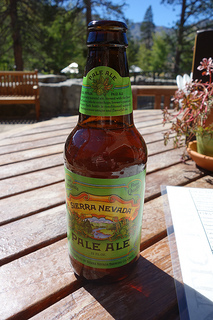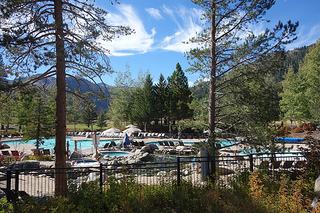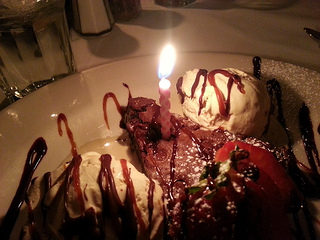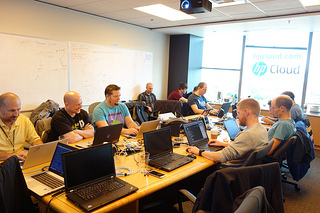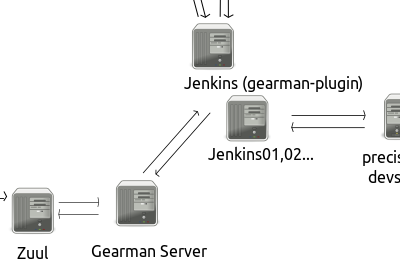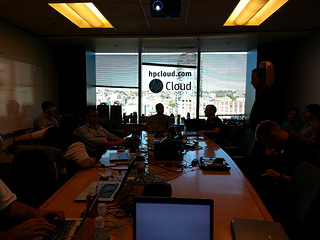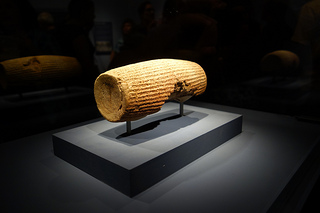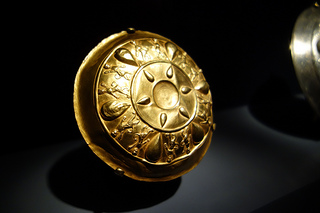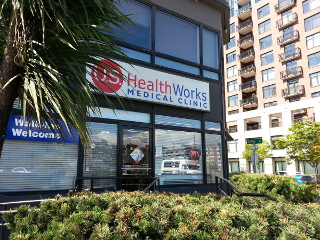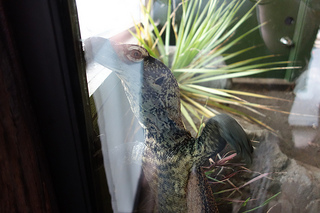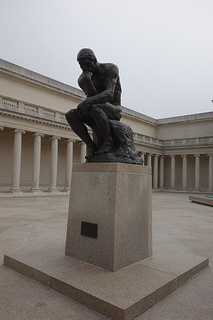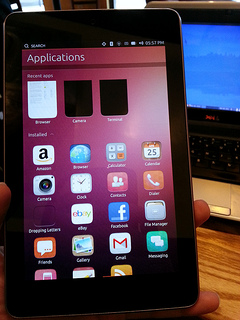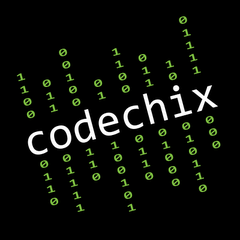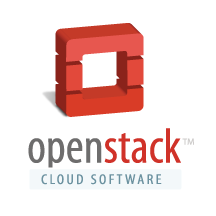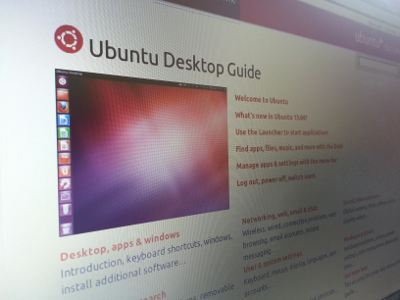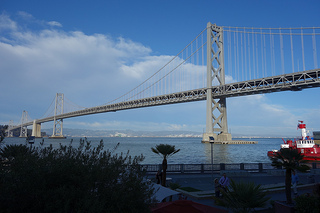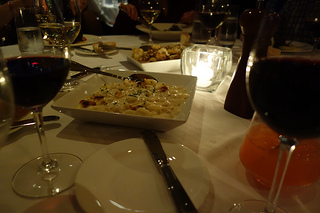As I announced in a previous post on September 22nd I ran a CodeChix workshop in Palo Alto on OpenStack.
In the weeks leading up to it I worked with my session assistants Ryan Lane and Anita Kuno to hash out our plans for the workshop. Ryan was able to put together an image for VirtualBox that had all the DevStack dependencies pre-cached, so students only needed to run stack.sh without having to download everything on the shared network.
We also drafted the following prerequisites for the class:
- A laptop that has at least 2G of RAM available to allocate to a virtual machine.
- At least 10G of harddrive space to allocate to disk images
- VirtualBox installed
- If you wish to contribute to OpenStack, a basic understanding of Python is necessary, but this class will also be useful to folks who are interested in using it
In retrospect I should have thought about system architecture as well, my assumption had been that everyone would be running 64-bit, but thankfully Anita suggested getting some 32-bit images prepped as well just in case. So Ryan, Anita and I spent Saturday evening working through final testing and spinning up of the images, and I was able to copy them down to 10 USB sticks containing 64-bit and 32-bit DevStack images to bring along to the workshop.
We arrived at the workshop venue, Groupon, around 11:30. This gave us time to scope out the room (need power strips!) and enjoy some catered lunch before attendees arrived. From noon – 1PM attendees trickled in, had lunch and we began passing around the USB sticks so everyone would have the images before we began the more formal portion of the event.
At 1PM Rupa Dachere, founder of CodeChix, kicked off the event by talking about CodeChix and what they do. She then handed things off to Shraddha Ladda who was handling coordination of this specific event so she could do introductions.
Then it was our turn! As I got my laptop set up with the projector Anita had the opportunity to talk to the attendees about the GNOME Outreach Program for Women that she participated in. I’m really glad we were able to find time for that, as several of the attendees had expressed interest in a more formal program for getting involved with OpenStack and open source in general.
Anita then passed me the mic and I did an introduction to OpenStack talk using the GenericPlatformDeckMay-23-2013.pptx slides from the openstack.org/marketing page, which worked out really well since a poll of the room only showed a couple of people really familiar with OpenStack.
In addition to the images on the USB stick, attendees also got a .pdf copy of the OpenStack Operations Guide which I was able to talk about some in my presentation.
Our next step was getting everyone loaded up with their DevStack images. This is where having Ryan and Anita there with me really made a huge difference, we had a room of 50 people and a few hiccups here and there with the installs. They were able to work with attendees to get the issues quickly worked out so we could move on. It did take a while though, so I think next time I run one of these I’ll try to come up with some exercises for folks who have faster systems or didn’t run into any issues.
For the workshop I also handed out printed copies of a short documentation sheet (also a .pdf version from the USB stick): CodeChixworkshopOpenStackDocumentation.pdf
It gives some basic OpenStack Documentation links as well as the core basics of what we walked through in the class, both in the dashboard and at the command line. Attendees were able to bring up a basic VM via the dashboard and see it and the details of the VM by issuing a few basic nova commands.
Around 3:30 I wrapped up the workshop by giving a quick crash course into the Gerrit Workflow for those interested in contributing. We’re hoping to host a follow-up session in the coming months to do a more in depth dive into contributing specifically.
It was really a pleasure to present this workshop with Anita and Ryan. It was clear how much work Rupa and Shraddha put into preparation for this workshop, so I’m really thankful for their coordination. Rupa also took the time to present each of us with a beautiful personalized plaque in appreciation for our participation in the workshop – wow!
We wrapped up the workshop around 4PM. Huge thanks to all the attendees for coming and offering feedback!
A few more photos from the workshop here: http://www.flickr.com/photos/pleia2/sets/72157635885645825/


